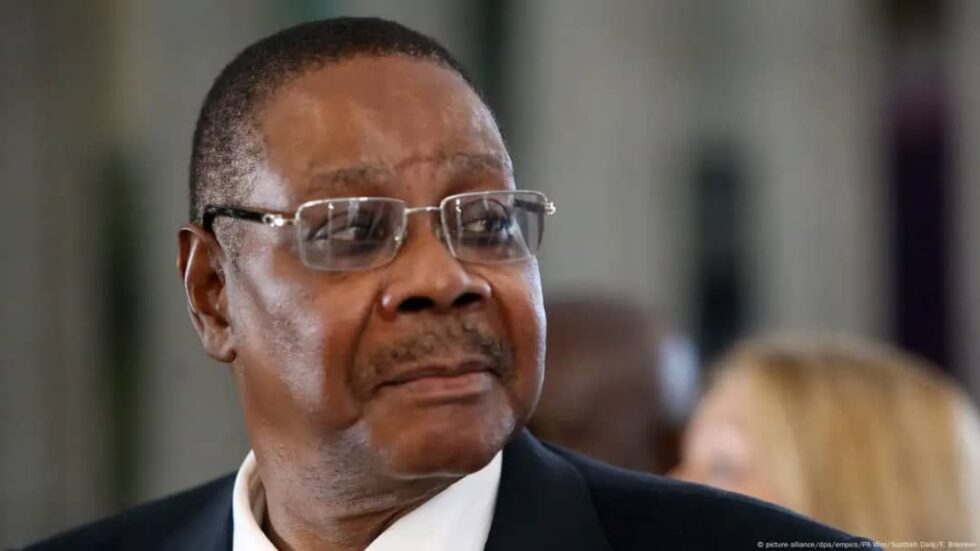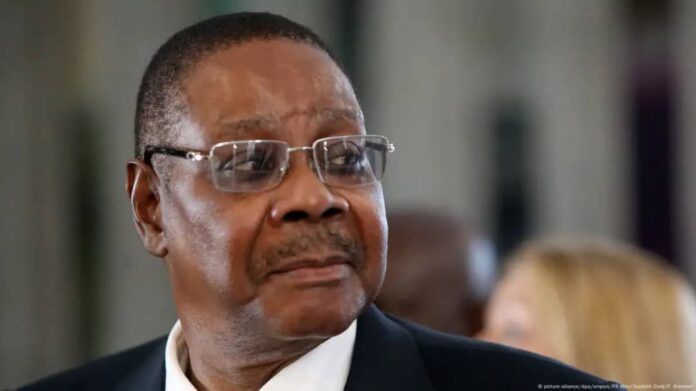By Burnett Munthali
As Malawi approaches the 2025 general elections, the return of the Democratic Progressive Party (DPP) to power is one of the central questions shaping political debates.
At the heart of this discussion is the legacy of former President Professor Arthur Peter Mutharika (APM), who served from 2014 until the court-sanctioned fresh elections of 2020.
Under APM’s leadership, Malawi experienced a mixture of economic growth, infrastructural development, and controversial governance challenges that continue to spark divergent views.
Supporters of the former president often point to infrastructural development as one of the major achievements of his administration.

Key road projects such as the Liwonde–Mangochi Road, Karonga–Chitipa Road, and others were either completed or initiated under the DPP government.
The construction of the Bingu National Stadium, the Mombera University project in Mzimba (though incomplete), and the Community Technical Colleges initiative demonstrated his administration’s focus on long-term development.
In the education sector, Mutharika’s government expanded public university intake and introduced the “Community Day Secondary School” projects aimed at improving access in rural areas.
Electricity generation also received attention, with the DPP investing in projects such as the Tedzani IV Hydropower Plant and initiating solar energy expansion plans.
Additionally, the DPP government prided itself on launching the Decent and Affordable Housing Subsidy Programme (DAHSP), which provided homes for thousands of vulnerable families across the country.
Economically, Malawi maintained relative macroeconomic stability during APM’s tenure, with inflation reduced to single digits and the kwacha relatively stable for several years.
The International Monetary Fund (IMF) and the World Bank gave positive reviews of Malawi’s fiscal discipline under Finance Minister Goodall Gondwe during APM’s early years in office.
However, critics argue that Mutharika’s second term was marred by widespread corruption, nepotism, and a gradual erosion of democratic values.
The infamous cement-gate scandal, in which the president was accused of facilitating duty-free importation of cement using his tax exemption privileges, drew intense public scrutiny.
Cases of selective justice and the perceived shielding of politically connected individuals weakened public confidence in the justice system under his leadership.
The 2019 presidential election, widely regarded as flawed due to irregularities such as the use of correction fluid (Tippex), severely damaged APM’s democratic credentials.
It was this controversial election that led to the historic Constitutional Court ruling in February 2020, which nullified the results and ordered a fresh presidential poll — the first such ruling in Malawi and a landmark in African electoral jurisprudence.
The DPP’s handling of post-election unrest, including heavy-handed crackdowns on protesters and human rights defenders, further damaged its image domestically and internationally.
In terms of youth empowerment, critics say the DPP lacked a clear, long-term employment strategy, with youth unemployment remaining high despite the technical colleges initiative.
Civil servants and teachers also voiced frustrations over delayed salaries, stagnated promotions, and the general neglect of the public sector toward the end of Mutharika’s tenure.
Nonetheless, many DPP supporters argue that Malawi was relatively stable during APM’s presidency, especially when compared to the current economic hardships and governance concerns under the Tonse Alliance.
There is growing nostalgia, particularly in Southern and Eastern regions, for the perceived order, discipline, and predictability of APM’s rule.
Some citizens recall that fuel was relatively affordable, the cost of maize was manageable, and public transport fares were not as exorbitant as they are now.
With rising disillusionment over unmet promises, growing corruption concerns, and economic decline under the current administration, some Malawians are reconsidering the DPP as a viable alternative.
Yet, the DPP itself must confront internal divisions, clarify its leadership structure, and distance itself from past misdeeds if it hopes to rebuild trust and win back the electorate.
The party must also present a rejuvenated vision for Malawi — one that resonates with today’s youth, addresses inequality, and restores integrity in governance.
Whether Malawians will vote for the Democratic Progressive Party again in 2025 remains an open question — one that will be answered not just by nostalgia, but by vision, leadership renewal, and the ability to respond to the aspirations of an increasingly informed and demanding electorate.



